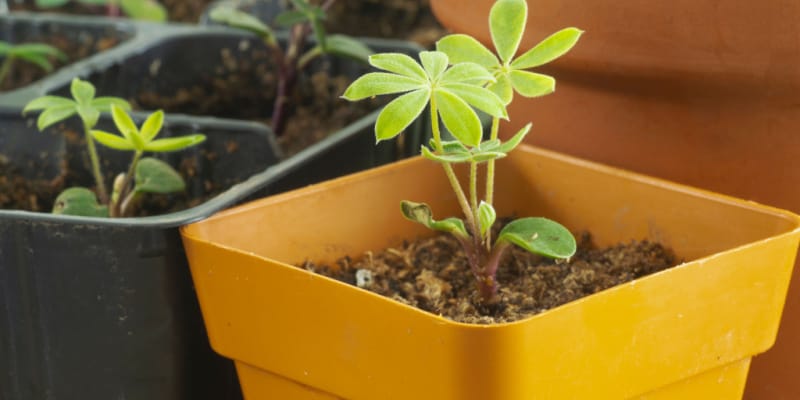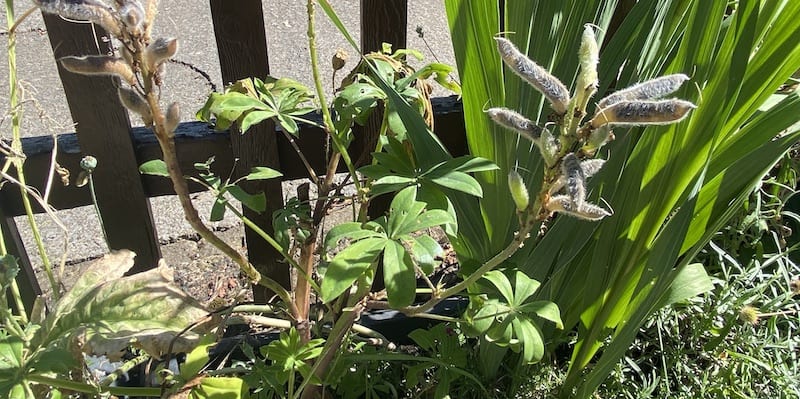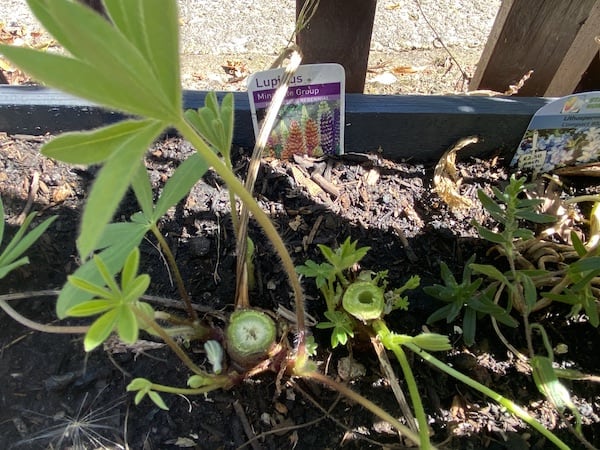
Are lupins perennials or annuals?
Our site is reader supported, this means we may earn a small commission from Amazon and other affiliates when you buy through links on our site.
Most varieties of lupins are perennials, however, there are some Lupins that are not as hardy and are usually treated as annuals. You will often see these sold in tray packs of 4 with bedding plants. So, for example, Annual lupins include the variety Lupin Avulune. The most common lupins, which include the Russell Hybrids Mixed varieties and the Band of Noble Series, are hardy perennial varieties. Most lupins grown in garden centres locally to you in single pots with likely be perennial varieties.
Something to note about Lupins is that they are relatively short loved perennials, mine usually last around 6 years before need replacing, which is why I usually take cuttings every few years (see Propagating lupins by taking cuttings), so I always have some plants growing on to replace my older Lupins.
As well as coming back every year, the perennial lupins are self-seeding. If you let the faded flowers turn into seed pods, the pods eventually split and throw the seeds into the wind. Something else worth noting is that they will flower freely for several months if you keep deadheading them. After flowering, you can also cut them back and they will flower later in the season for a second time. You can learn more about what to do with lupins after flowering here
Alternatively, use its seeds (How to propagate lupins from seed) to generate new seedlings that will probably be of a different colour.
If you live in a climate that’s not the best for growing lupins, you may need to treat your lupins as an annual. This occurs especially in places where the winter is very cold. You can see my guide on lupin winter care to learn how to protect them over winter.
Learn how and where to plant lupins and what to do to care for them in my article How to grow lupins.

